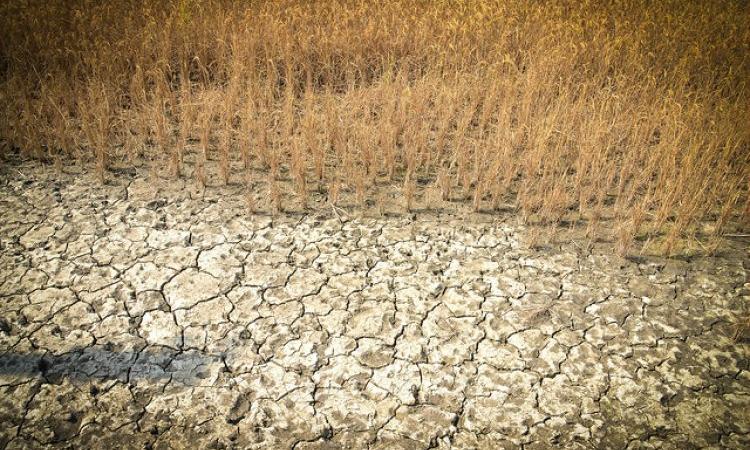
2019 was the seventh warmest year on record in 118 years: IMD
According to the India Meteorological Department (IMD), despite recording the second coldest December in 118 years, 2019 was the seventh warmest year on record since 1901. Moreover, the average temperature during the monsoon season from June to September was the warmest since 1901. The averaged mean monthly temperatures for nine months (except January, March and December) were also warmer than normal. El Nino contributed to above normal temperatures in the first half of the year globally, while in India impacts of El Nino coupled with delayed monsoon led to warmer than usual monsoon months. (Hindustan Times)
Outreach of disaster-related mobile apps in India is negligible: Study
As per a study conducted by researchers at Keio University, Japan, the outreach of 33 freely available disaster-related mobile apps in India is very limited with most of them being educational. The study assessed defined outreach parameters like the number of downloads, user rating, primary and secondary functions among others. The researchers concluded that there is a huge potential in India to tap into app-based crowdsourcing for disaster management. Moreover, the study pointed out that, of the 33 apps, 18 apps are educational with information on different types of disasters. (Mongabay India)
Experts suggest flood mapping for rejuvenation of Ramnadi river
Environmentalists from Pune working towards the restoration of the Ramnadi river under the aegis of Kirloskar Vasundhara Film Festival have prepared the Ramnadi Flood Report in which a series of policy-centric initiatives have been recommended.
The report that was submitted to Pune Municipal Corporation (PMC) strongly emphasises the need for flood mapping of all existing streams and tributaries, and for all encroachments to be removed from within the flood lines.
Along with this, the panel of experts has also called for an immediate stoppage to further embankments of streams, rivers and tributaries. (Hindustan Times)
Cost of Lower Painganga dam jumps 21 times & work is yet to start
Approved in 1997 at an initial cost of Rs 1,402 crore, the Lower Painganga dam being built in farm suicide-hit Yavatmal district may even surpass Gosikhurd dam in terms of its burgeoning cost. In 2009, the first escalation, that took the project cost to Rs 10,400 crore, was approved and now another estimate of Rs 29,000 crore has been proposed and is awaiting approval. Moreover, even the basic construction work is yet to begin and all that has been done so far is acquisition of 900 hectare forest land and over 700 hectare private holding. The main reason for the delay in project work is poor fund allocation and opposition from the locals to land acquisition. (The Times of India)
Freshwater turtle rehab centre to come up in Bihar
A rehabilitation centre for freshwater turtles will be inaugurated in Bihar’s Bhagalpur forest division this January. The first-of-its-kind rehab centre, will be spread over half a hectare and will be able to shelter 500 turtles at a time. The officials felt a need to open a rehab centre after several turtles were found severely wounded and sick when rescued from smugglers by rescue teams. According to environmentalists, turtles play a significant role in the river by scavenging dead organic materials and diseased fish, controlling fish population as predators and controlling aquatic plants and weeds. (Down to Earth)
This is a roundup of important news published between January 1-8, 2020. Also read policy matters this week.
/articles/2019-was-seventh-warmest-year-record-1901-imd